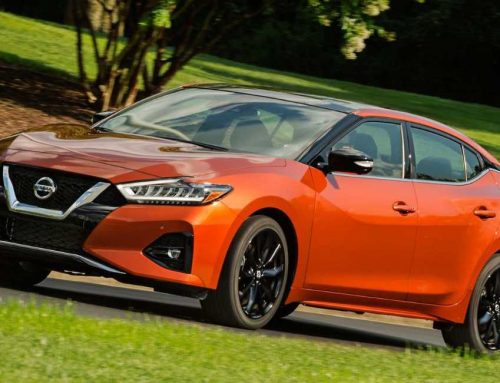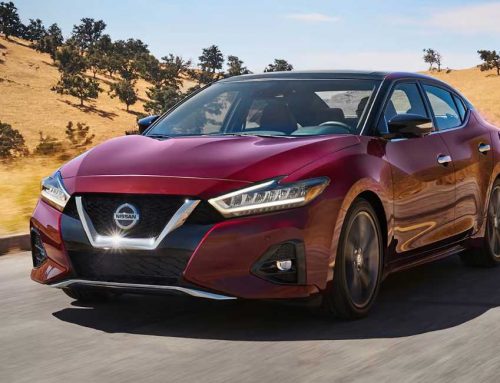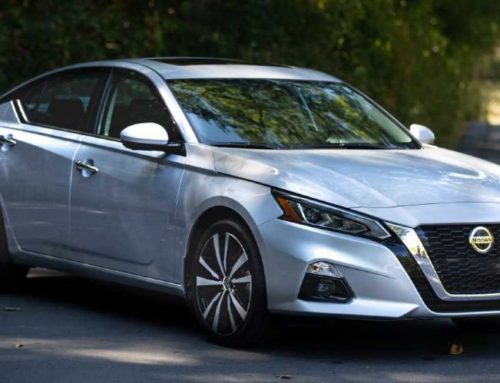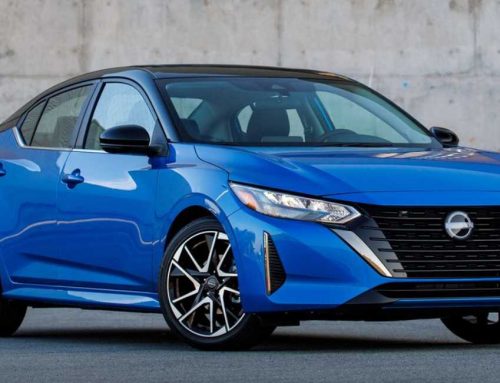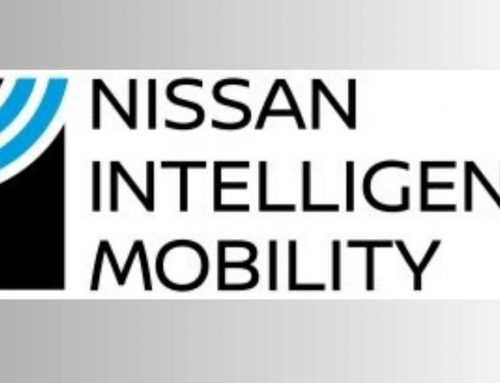Ever since the automotive industry started booming in the early 20th century and passenger cars became widely available to the public in the United States, cars have been constantly changing and evolving. Different models go in and out of style, and the auto industry continuously has to change the way they design and produce their cars in order to keep up with shifting consumer demands around the world.
Within the past decade, the way that automotive corporations, designers, and other experts in the auto industry discuss the future of cars has changed significantly. Although cars have never been stagnant—new models are released annually with upgrades in performance, tech, etc.—changes in the automotive industry have been increasing at an exponential rate since the beginning of the 21st century. The way cars are powered and operated has been revolutionized with the popularization of hybrid and all-electric vehicles, the incorporation of high-tech entertainment and safety features into standard passenger vehicles, and the advent of self-driving cars for the public on the horizon.
Nissan is no stranger to the recent changes that have revolutionized the auto industry. In fact, Nissan has sold more all-electric vehicles—through sales of their all-electric Nissan LEAF model—than any other major auto corporation in the world. They focus a large part of their efforts on improving the performance of their all-electric cars and advancing the high-tech features in all of their models in order to make the driving experience as safe, convenient, and entertaining as possible for Nissan drivers.
Futures Around the World
Each year, Nissan hosts a Futures event in a different part of the world. The first Futures event took place in London and was held in 2016. In 2017, Singapore was the location of choice for Nissan’s Futures conference. 2018 was the first year that Futures made its way to the United States. The Futures event in the U.S. took place in November in Los Angeles.
The global involvement of Nissan’s Futures events helps leaders from many different industries on opposite sides of the world collaborate to plan for the future of mobility and how it will change and affect people’s lives and the world as a whole as time goes on and technology continues to progress at its current rapid rate.
Attendees at Futures
It’s easy to assume that the attendees of Nissan’s Futures conferences are primarily comprised of Nissan representatives and other experts in the automobile industry. However, Nissan recognizes that the future of mobility will impact much more than just the auto industry and therefore requires input and contributions from leaders in many different industries—even if they have nothing to do with automobile design or production. Attendees at the 2018 Nissan Futures event in Los Angeles included government officials, academics, urban planners, social scientists, and leaders in a variety of other fields and industries.
For example, Margot Robbie—an actress and producer who was named one of the 100 most influential people in the world by Time magazine in 2017—was a featured guest at Nissan’s Futures event in LA in November. Robbie’s background is not in the automotive industry, but she is an innovative and intelligent woman who is the proud owner of an all-electric Nissan LEAF. The vice president of Walt Disney Studios’ Technology Innovations Group was also in attendance at the 2018 Futures event.
Plans for the Future at Futures
Nissan’s Futures conference in Los Angeles was a half-day event that featured speeches, presentations, discussions, and announcements. Nissan also uses their platform at Futures events to unveil their own plans for the future and what their corporation is doing to advance toward their goals.
The evolution of cars and their role in people’s lives are not the only important conversation points at Futures conferences. In fact, the main topics of discussion at Futures involve how the direction of the future of mobility will affect society and the world as a whole. A major goal at Futures conferences is to plan decades into the future to ensure that mobility continues to progress in a smart, safe, and sustainable way into the future.
Nissan Intelligent Mobility
Intelligent Mobility is a term that Nissan has coined to refer to their vision for safer, smarter, more sustainable mobility practices in the near future. Nissan’s ultimate goal is to eliminate all emission vehicles from the roads and to improve vehicle safety so much that fatalities and serious injuries from car accidents become a thing of the past.
While this goal seems lofty, Nissan is committed to bringing their vision to fruition and is taking real steps to make sure that it eventually becomes a reality. Nissan’s Intelligent Mobility vision guides their Futures conferences and helps all attendees remember the importance of the future of mobility and the positive impact it can potentially have on both people and the environment.

